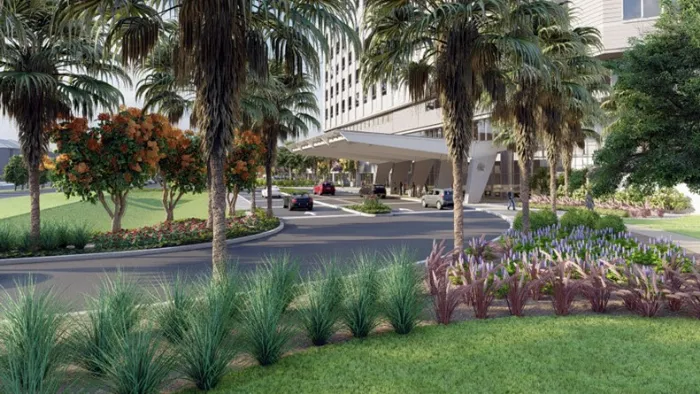Florida Condo Maintenance
Common Area Maintenance vs Unit Maintenance
In a Florida condominium, there is typically a distinction between common area maintenance and unit maintenance. Differences between the two can include:
Common Area Maintenance:
- Common areas refer to the parts of the condominium complex that are shared by all unit owners. These areas are collectively owned and maintained by the condominium association.
- Common area maintenance encompasses the upkeep and management of these shared spaces, which may include hallways, lobbies, elevators, stairwells, swimming pools, fitness centers, parking lots, landscaping, and any other amenities provided to all unit owners.
- The responsibility for common area maintenance falls on the condominium association. The association uses funds collected from unit owners' monthly maintenance fees to cover the costs of maintaining and repairing these shared spaces.
- Common area maintenance typically includes tasks like cleaning, landscaping, repairing common elements, maintaining security systems, and addressing any structural or safety concerns in shared areas.
Unit Maintenance:
- Unit maintenance pertains to the upkeep and repair of an individual condominium unit. Each unit owner is responsible for maintaining and taking care of their own unit.
- Unit maintenance includes tasks such as painting, plumbing repairs within the unit, electrical issues, HVAC system maintenance, and any cosmetic improvements or renovations that the unit owner wishes to undertake within the boundaries of their unit.
- The condominium association typically has no direct involvement in the maintenance of individual units. It's the responsibility of each unit owner to ensure that their unit is well-maintained and in compliance with the condominium association's rules and regulations.
- Unit owners are also responsible for any costs associated with the maintenance and repair of their individual units. This includes hiring contractors or repair professionals and covering the expenses related to unit-specific maintenance and improvements.
Associations governing documents may define what is considered a common area item, maintained by the association, versus what is a unit item to be maintained by the the unit owner.
Condo Association Common Area Maintenance
Condo maintenance in Florida involves the upkeep and management of the common areas and shared facilities within a condominium complex. The following provides a general overview of how common area maintenance typically works:
- Condominium Association: Condo common area maintenance is primarily overseen by a condominium association. This association is often responsible for managing and maintaining the common elements of the condominium complex, such as hallways, elevators, swimming pools, parking lots, landscaping, and other shared amenities.
- Association Fees: To fund maintenance and other expenses, condo owners pay regular fees to the condominium association. These fees are usually referred to as "assessments" or "fees." The fees are typically assessed on a monthly or quarterly basis.
- Budgeting: The condominium association creates an annual budget that outlines the expected expenses for the year, including maintenance, repairs, insurance, utilities, and administrative costs.
- Reserve Fund: Condo associations are commonly required to establish a reserve fund, which is a separate account used to cover major repairs and capital improvements in the future. Unit owners contribute to the reserve fund along with the association fees.
- Maintenance Responsibilities: The specific maintenance responsibilities of the association are typically outlined in the condominium's governing documents, which typically include the declaration of condominium, articles of incorporation, bylaws, and rules and regulations. These documents define what is considered a common element and what is the responsibility of individual unit owners.
- Maintenance Contractors: The association may hire contractors or property management companies to perform routine maintenance tasks, repairs, and landscaping. The association typically solicits bids from contractors and selects the most suitable ones based on cost and expertise.
- Special Assessments: In some cases, if unexpected or significant maintenance expenses arise that cannot be covered by the regular budget or reserve fund, the association may levy a special assessment on unit owners to raise the necessary funds.
- Reporting and Communication: Condo associations often hold regular meetings to discuss maintenance issues and other matters relevant to the community. They also provide unit owners with updates on maintenance schedules, budgets, and any special assessments that may be required.
It's important for condo owners in Florida to be actively involved in their association and stay informed about maintenance activities and financial matters. Effective communication and collaboration among unit owners and the association are crucial to ensure that the condo complex is well-maintained and remains a desirable place to live.

Prospective Florida condo buyers should, if they don't understand how condo maintenance work or the distinction between common area maintenance and unit maintenance, engage licensed and reputable attorneys and advisors to guide their buying decision.